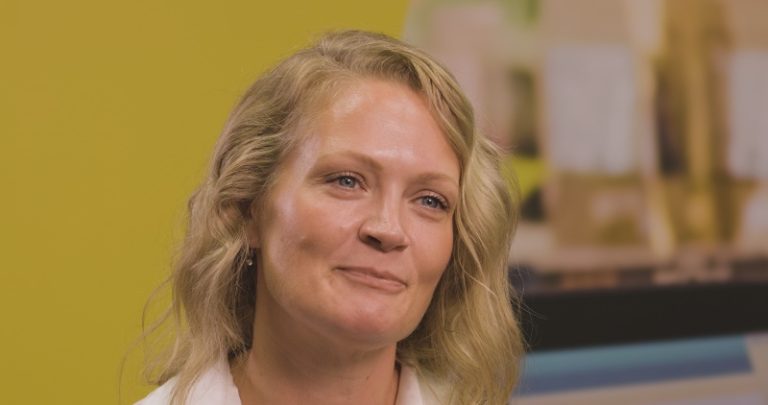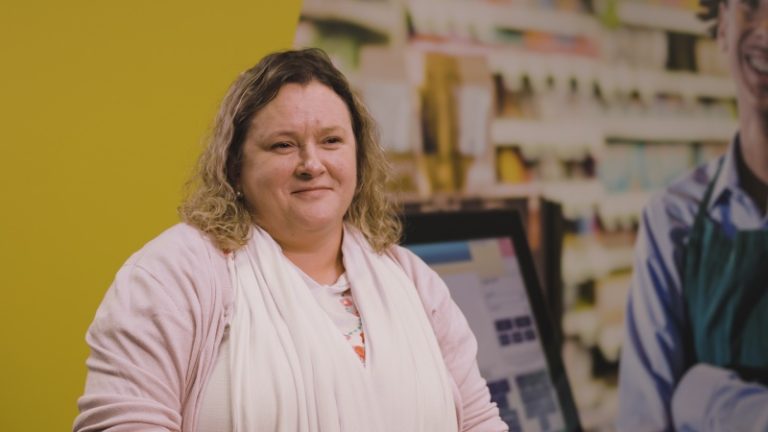Digital careers for non-techies
Digital careers for non-techies

If you haven’t the head for computer programming, coding or design, there are still loads of digital careers that could be for you.
Digital careers are not just about tech start-ups and coffee-drinking hipsters. Most companies have a website and social media accounts, even if you wouldn’t consider them as digital in any other way.
If you haven’t the head for computer programming, coding or design, there are still loads of jobs in digital that could be for you. You don’t need specialist technical knowledge but it will help to have a general understanding of how websites and social media work, and what common terms mean (this is an industry that really loves its jargon!). Other skills such as writing, marketing or an eye for stats will give you a great start.
Roles in digital comms
Website and digital communications roles vary. Large organisations often have whole teams to focus on just one area. At a smaller company, it’s more likely you’ll work across a wider mix. Either way, here’s a taster of some of the key roles and responsibilities you’re likely to find.
1. Content
Content is just the stuff you see on a website, from the words – often known as copy – which describe what a company or service is about, to blog posts, videos and images.
Lots of websites have a Content Management System (CMS) which provides a simple way to upload new content and make site changes using fixed templates.
Content managers, website editors and digital producers – are all roles concerned with creating, editing or updating content on or for websites.
2. Promotion
There’s no point in having great content if no one sees it so there are lots of roles devoted to getting stuff out there.
Roles in Search Engine Optimisation (SEO) help websites appear in search results like on Google.
Social media or community managers build and manage companies’ online networks and social media accounts. Sometimes this falls into wider digital marketing roles which can also include things like creating email newsletters, pay per click (PPC) advertising or online display/banner advertising (placing adverts for a company or service on other websites).

3. Website development and digital project management
If you like co-ordinating projects and people, this could be the job for you. Often acting as a bridge between technical and design teams and other departments, the role involves explaining what a website or app needs to do, or overseeing changes to existing products, such as a website redesign. As with standard project management roles, it’s then about tracking progress, reviewing risks and changes, and making sure work comes in on time and within budget.
In an agency (see below), roles in account management have similar qualities. Account managers liaise between the client and agency staff who carry out the work, and keep track of costs and progress.
4. Insight and analysis
Put simply, what works? One of the great benefits of digital is the ability to track what users do. How many people have visited a webpage? How long did they stay? How many people clicked on a link? Answering questions like these and building up a picture over time means it’s possible to focus on creating and promoting content in ever more effective ways. Being able to interpret statistics and understand their limitations is a real asset here.
In-house, agency or freelance?
As with more traditional roles in communications and marketing, you can work:
- in-house for a particular company or organisation
- for an agency – where you work for a company that provides specialist services and support to a number of different clients or accounts
- freelance where you are self-employed and provide services directly to clients
Getting ahead
First up, just being a regular web, app and social media user is itself an advantage but best of all, digital is a really easy area in which to showcase your skills.
If writing is your thing, start a blog – try WordPress or Blogger. Contribute to existing sites – after being a regular commenter on The Guardian’s TV blogs, Heidi Stephens was invited to join their liveblog team. Many sites also accept guest posts where you offer to write a piece on a relevant subject. Opportunities usually aren’t paid but are a great way to build your portfolio.
Use your Twitter account to build your online profile – follow companies or organisations you are interested in and help spread the word. Or perhaps you could volunteer to help a local charity or event with their social media activity?
There’s loads of stuff you can learn for free online – Google Webmasters is a great place to start but have a look around and see what interests you. And there are always evening classes and full-time courses too.
Look out for local networks such as Manchester Digital or Brighton-based Wired Sussex. Their job boards and events are great ways to connect with local companies and find out about industry developments.
Find out more
Arch Apprenticeships runs digital apprenticeships for companies including Barclays and John Lewis.
Bubble jobs has lots more info on digital jobs and careers.
ScreenSkills has details of digital opportunities in the creative industries.





